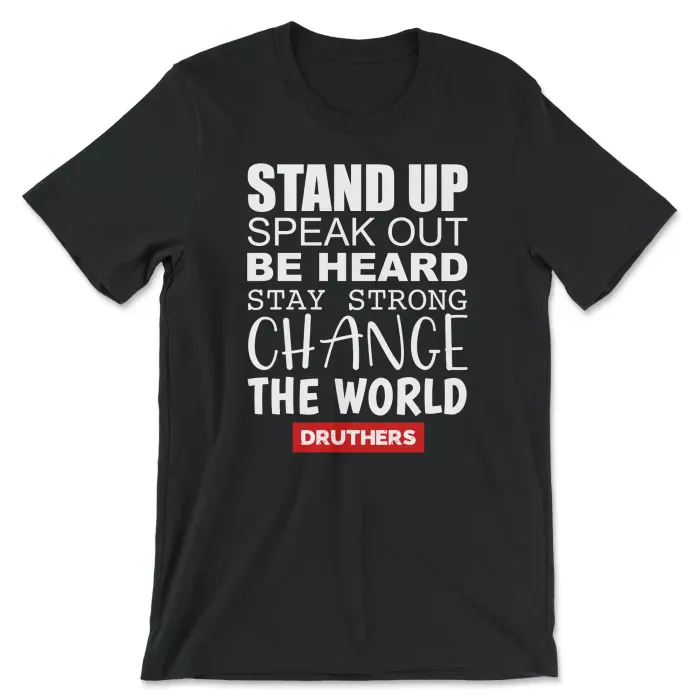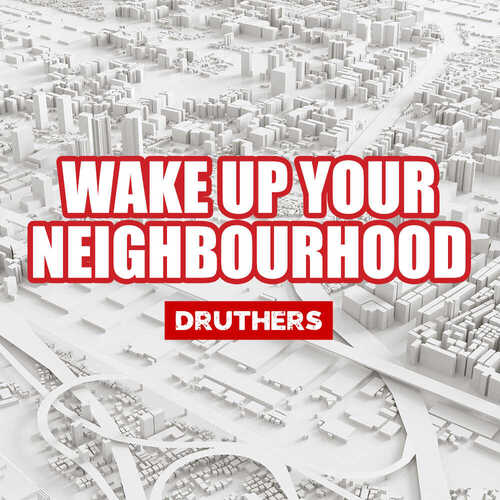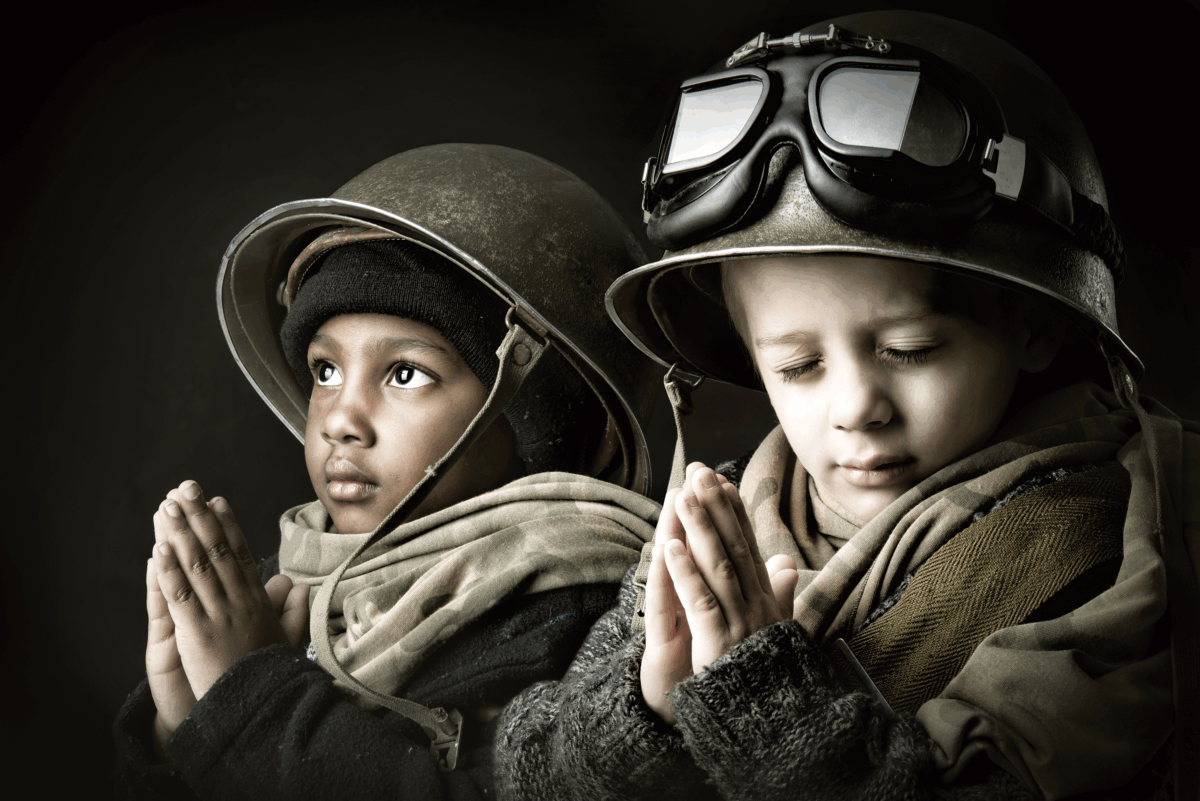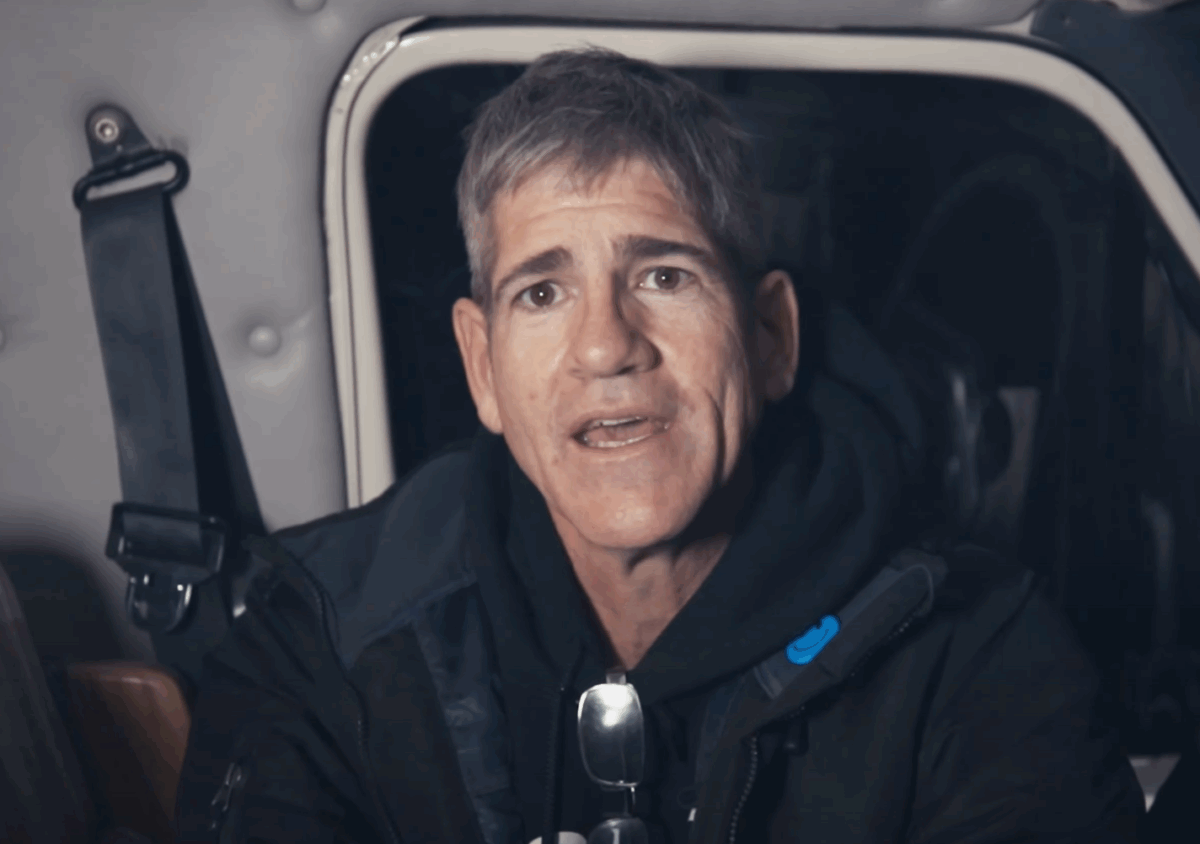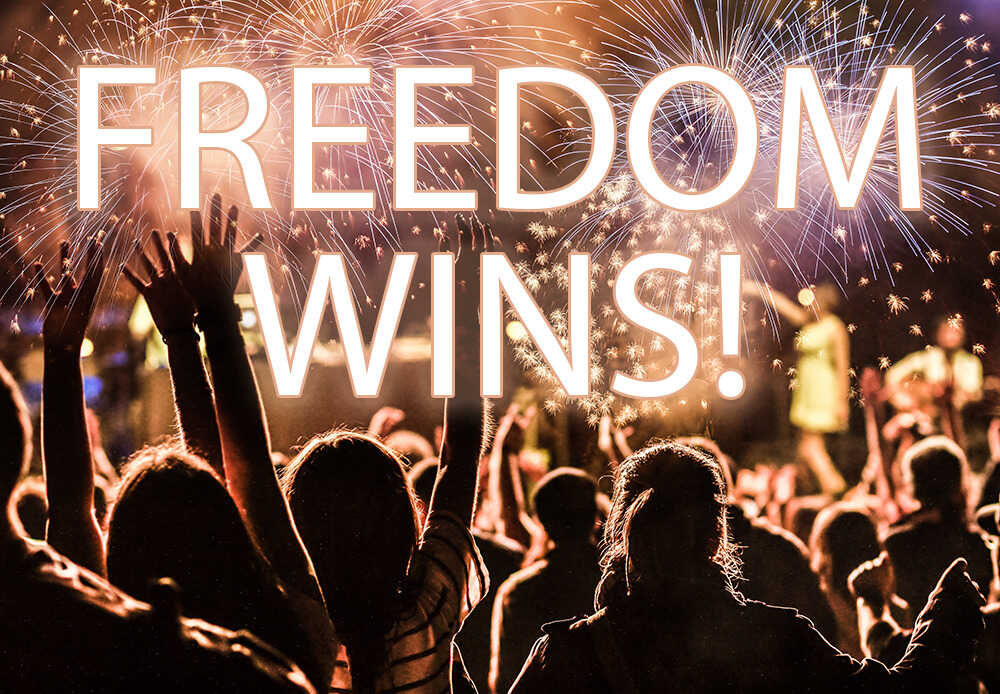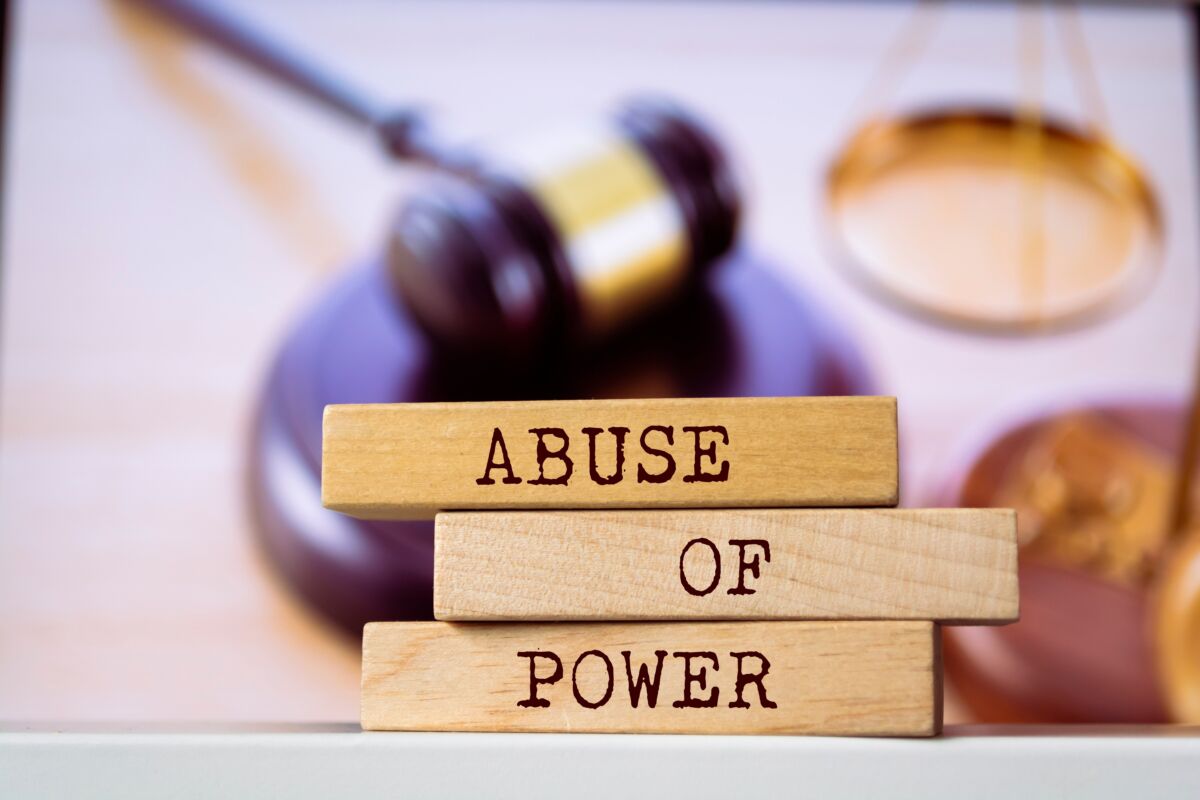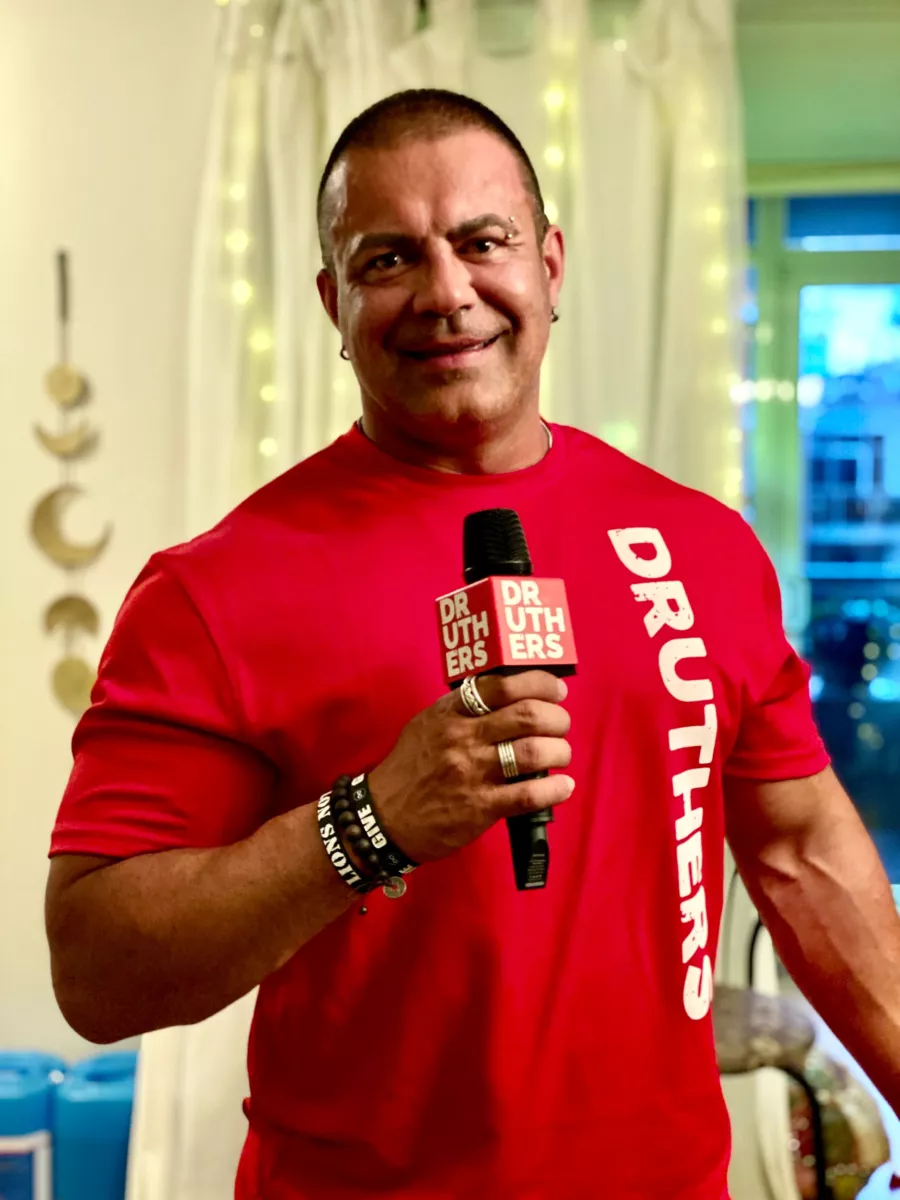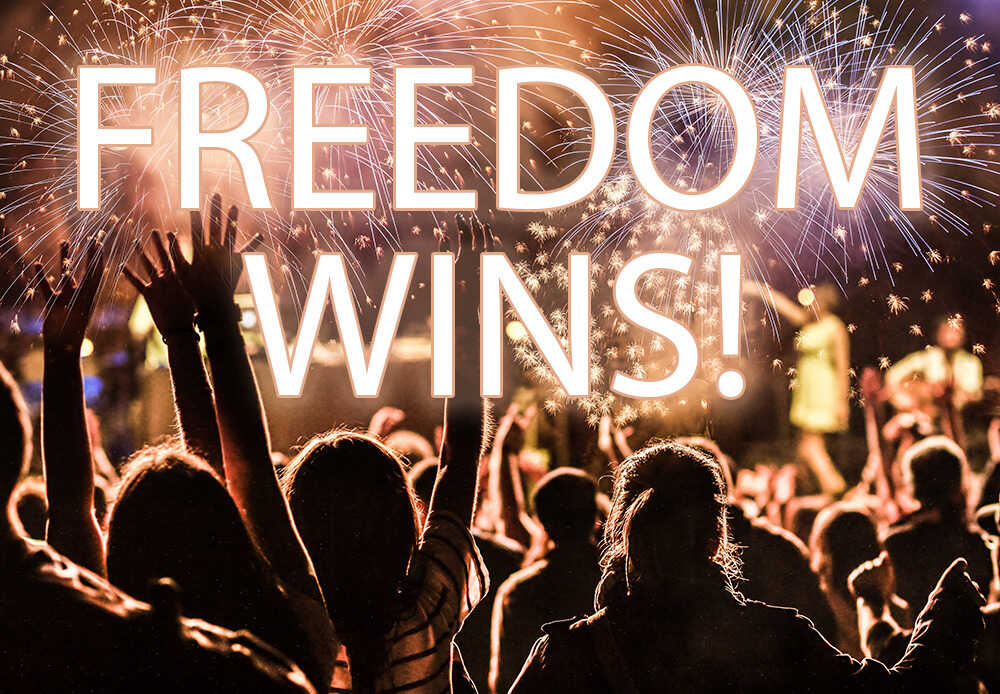The Twisted Road of Inclusion
By Gerald Heinrichs
In 2023, the Ottawa Girl Guides announced they would not participate in the local Santa Claus Parade. CEO Shannon Benner said the holiday event was unacceptable because it was not “inclusive.” Meanwhile, the University of Western Ontario published an Inclusive Language Guide. The Guide says that “using words that are not inclusive can be offensive.” The 44-page document has a long list of taboo words, including mother, girlfriend, senior citizen, alcoholic, minority, sister, husband, and kids.
No one can say when “inclusion” became the buzzword for so many institutions. But, it has caught on. Governments, universities, non-profits, and others have rallied around the word like moths to a streetlight.
The inclusion word is a spider with many legs. Organizations like Inclusion BC use the word in a non-offensive way. They use it to promote hiring persons with disabilities. But for every good use of the word, there are strange and bad ones.
Don’t lose touch with uncensored news! Join our mailing list today.
Sometimes, inclusion means behaviour modification. For example, the Royal Bank says on its website that employees must be pro-active and must not “remain silent when confronted with non-inclusive behaviour.” Furthermore, employees are told, “Find your voice and use it to speak up for inclusion.”
Similarly, the Canadian Armed Forces have written a “Directive on the Integration of the Measurement of Inclusive Behaviours.” The department’s Message to Defence Team Members says that all forces members will now “be evaluated on whether they demonstrate inclusive behaviours.”
However, the biggest inclusion issue surrounds Canada’s women. Men are now welcomed into women’s sports, washrooms, shelters, and prisons under the cloak of a woman identity. In the world of inclusion, asking to be a woman is enough. Many in high places defend this attitude of inclusion. But books like Unsporting and commentators like Kelly-Jay Keen-Minshull (also known as Posie Parker) have scrupulously discussed the harm and crisis this version of inclusion has brought on.
Among its problems, inclusion is a slippery slope. In the name of inclusion, “chestfeeding” is now an embraced term by Public Health in Toronto and Ottawa. And Spiked magazine reports that the US La Leche League now gives advice on “male lactation” claiming the whole nursing issue “cannot be single sex.” The inclusion goalposts keep moving further downfield.
Of course inclusion is part of the controversial trinity known as Diversity, Equity, and Inclusion (DEI). Some call it a good thing, while author James Lindsay says, “DEI is a cult.” PragerU broadcaster, Christian Watson, calls DEI an obsession intended to “spread division and mistrust.” He says its primary purpose is to benefit “lavishly paid DEI administrators,” which leaves many wondering, “What is the next station on the inclusion road?”
In May 2024, Germany’s parliament de-criminalized possession of child pornography. And, in recent years, radical activists are trying to abolish the word “pedophile,” replacing it with “minor-attracted person” (MAP). It is merely “a sexual orientation” says one activist. We must “overcome our negative feelings about pedophiles” and “treat them with respect” says another. So the inclusion goalposts are set to move again.
Inclusion has a power like radium. Once let in, it can cancel out things like tradition and principle. Like a crowded phone booth, when inclusion enters, other things are pushed out.
There are few signs of slowing down on the inclusion highway—turning around is nowhere in sight.
Gerald Heinrichs is a lawyer in Regina Saskatchewan.


